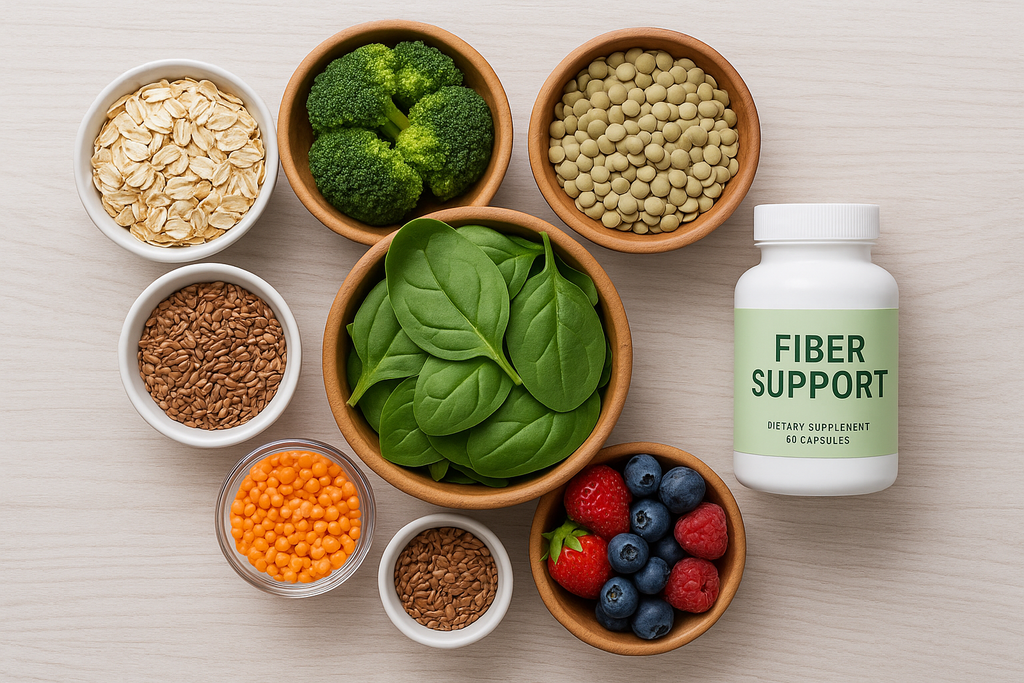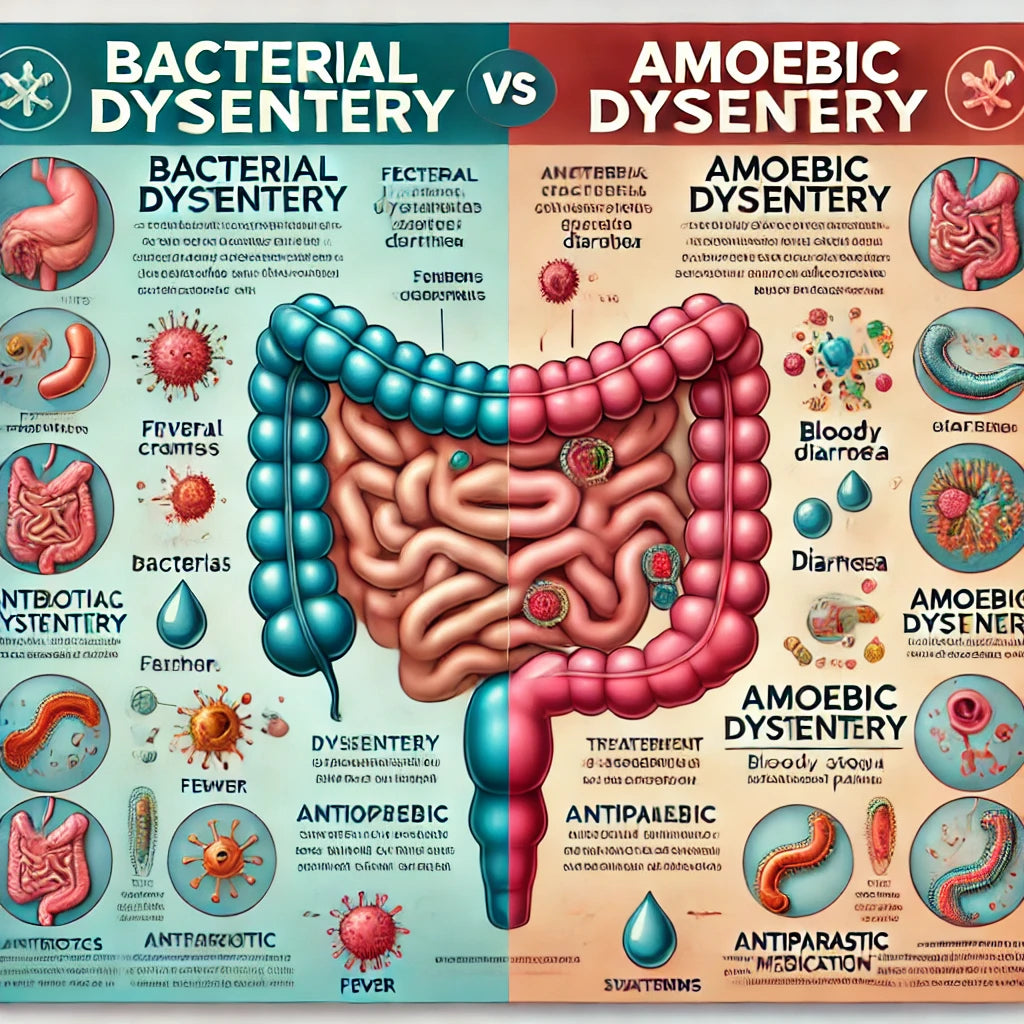News — intestinal health
How Fiber Supports Intestinal Health: Benefits, Types, and Sources
colon health constipation relief daily fiber intake digestive health fiber fiber for IBS fiber supplements fiber-rich foods gut health healthy digestion high fiber diet how to improve digestion insoluble fiber intestinal health LongLifeNutri Fiber Support microbiome natural gut remedies plant-based fiber prebiotic fiber soluble fiber
When it comes to digestive health, few nutrients are as important—or as overlooked—as fiber. This indigestible plant component might not provide calories or flashy health claims, but it plays a foundational role in keeping your intestinal system running smoothly. From promoting regular bowel movements to feeding the beneficial bacteria in your gut, fiber is the unsung hero of your digestive tract.
Unfortunately, most people fall short of the daily recommended intake of fiber, which can lead to a host of issues including constipation, bloating, blood sugar spikes, and even long-term risks like colorectal disease. In this article, we’ll break down the science of fiber, explore its various types, and show you exactly where to find it in your diet so you can unlock its full gut-loving potential.
Differentiating Dysentery: Bacterial vs. Amoebic Causes and Treatment
amoebic dysentery bacterial dysentery bacterial vs amoebic dysentery causes of dysentery dehydration diarrhea digestive disorders dysentery dysentery management dysentery prevention dysentery symptoms dysentery treatment Entamoeba histolytica gastrointestinal infections infectious diseases intestinal health Shigella waterborne illnesses
Dysentery is a common gastrointestinal infection characterized by severe diarrhea with blood or mucus. It can have bacterial or amoebic origins, each requiring different approaches to treatment and prevention.
In this article, we will delve into the distinctions between bacterial and amoebic dysentery, their causes, symptoms, treatments, and prevention strategies to ensure better health outcomes.


